According to TechGoing , in pursuit of testing the capabilities of next-generation mobile networks (6G), Samsung has applied for a radio frequency license from the US Federal Communications Commission (FCC). The tests will include the use of a prototype base station and up to 32 mobile stations, with Samsung emphasizing the importance of the 12.7 GHz - 13.25 GHz band for 6G network technology.
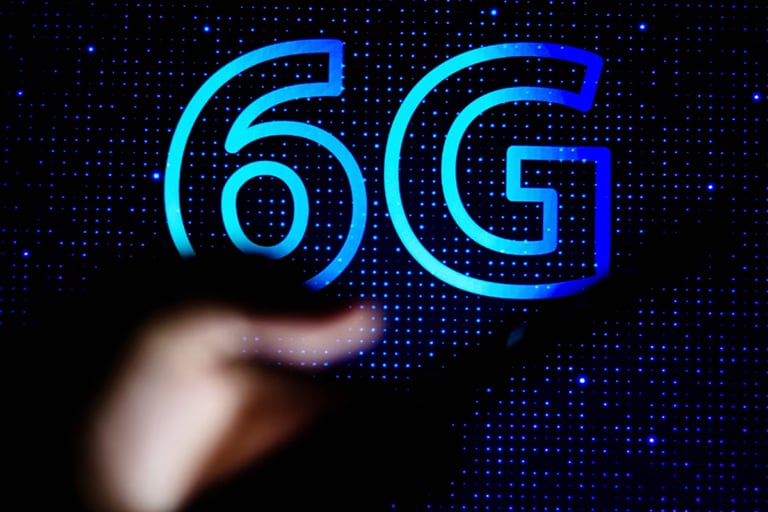
6G networks are expected to be commercialized by 2030.
Initial findings from Samsung’s tests have demonstrated significant demand for spectrum-driven 6G applications such as Extended Reality (XR), holographic communications, and general communications and sensing. Furthermore, 6G technology is expected to surpass 5G performance in areas such as peak data rates, latency, traffic density, connection density, mobility, spectrum efficiency, and location capabilities.
This is not Samsung's first attempt at 6G networks. In 2021, the Korean company applied for a radio frequency license covering a 500-meter radius in Texas, laying the groundwork for its 6G initiatives. In November of that year, Samsung began testing its 6G project.
In July 2020, Samsung published a white paper outlining its vision for 6G technology. The company aims to revolutionize wireless connectivity and create hyper-connected experiences across every aspect of life. 6G is expected to be commercialized around 2030. With continued advancements in 6G technology, Samsung is at the forefront of shaping the future of wireless connectivity and driving technological innovation.
Source link


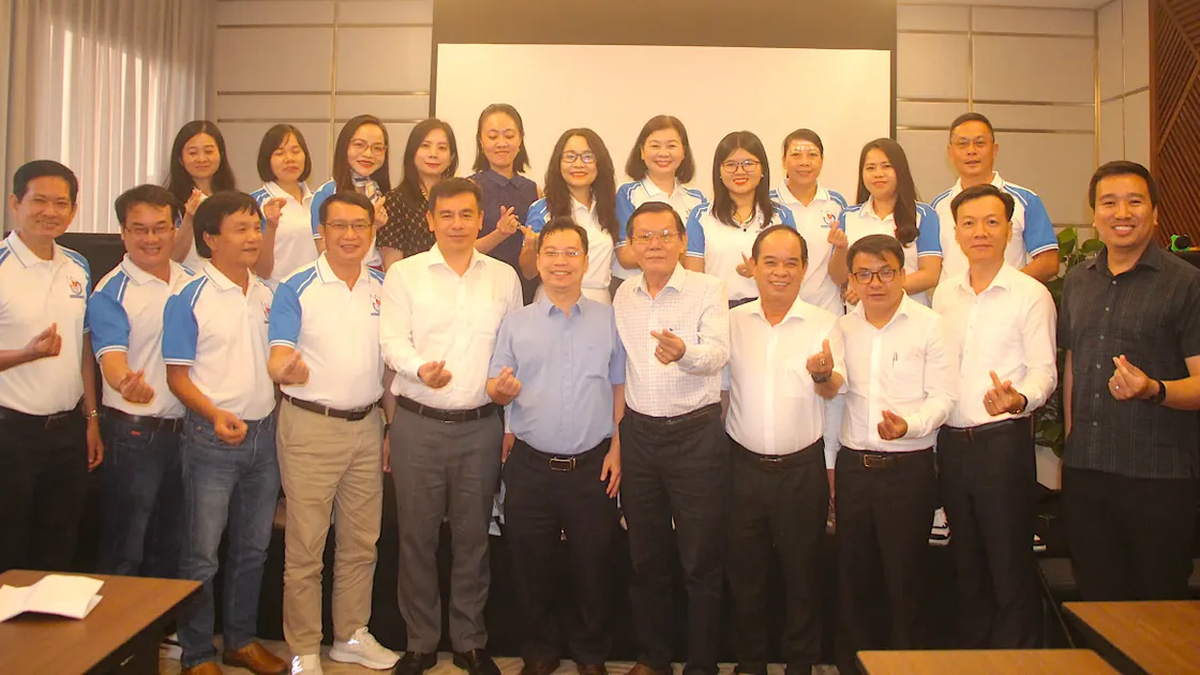
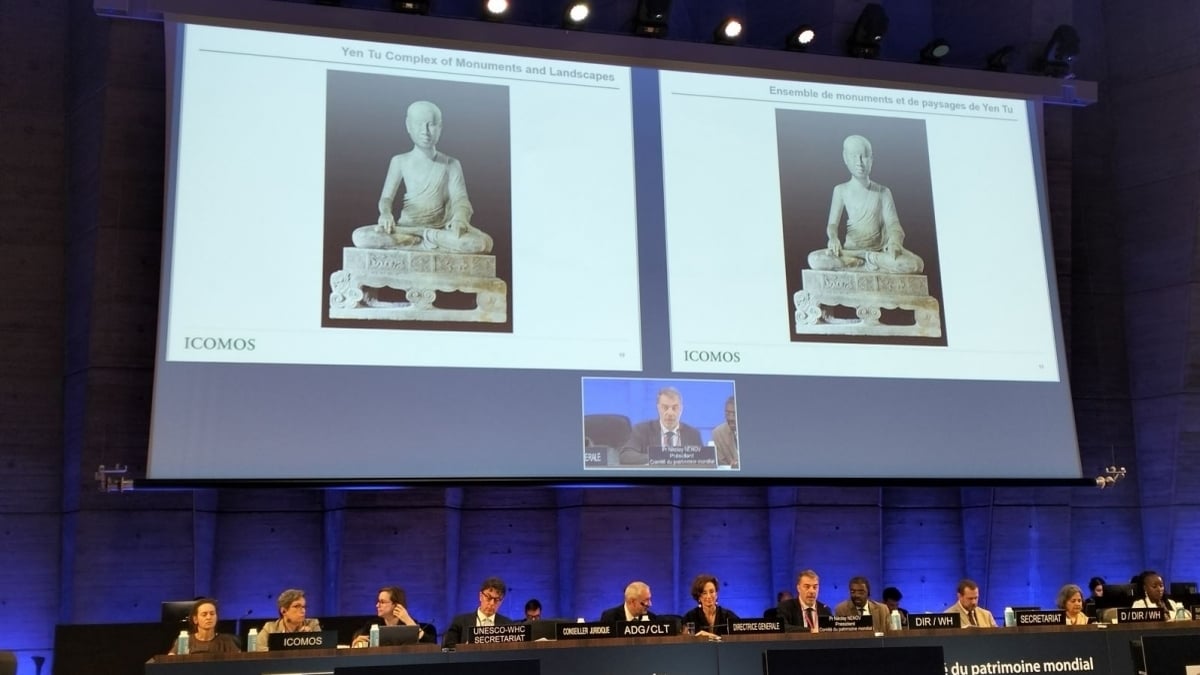







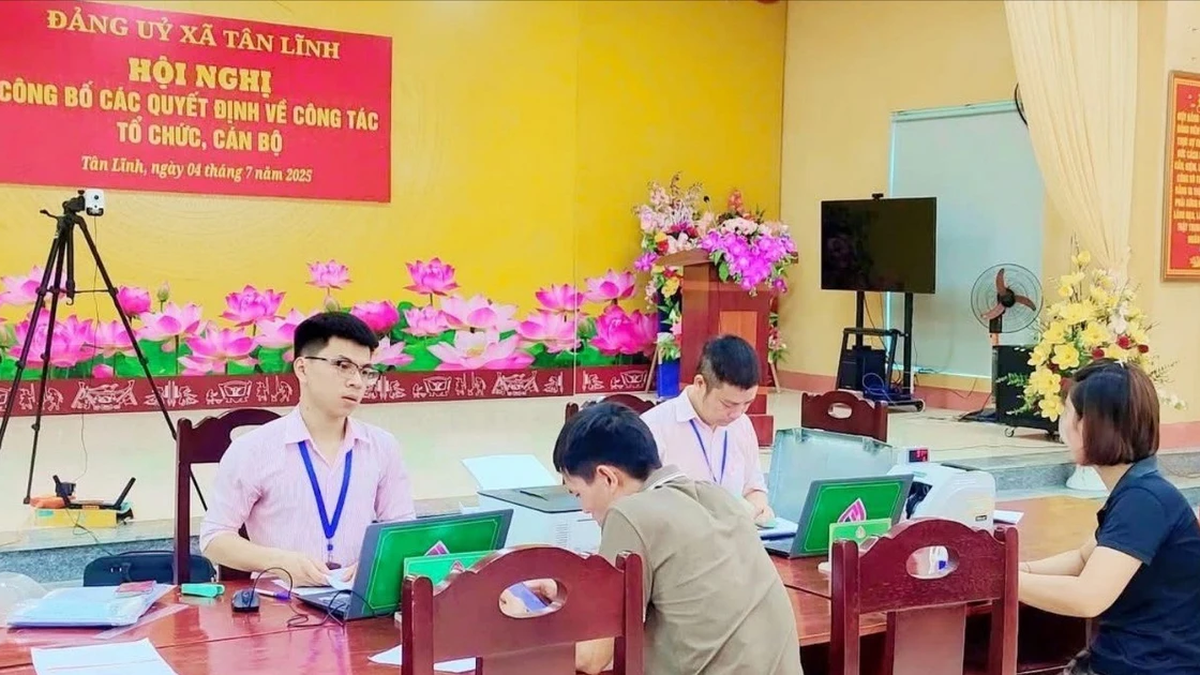




































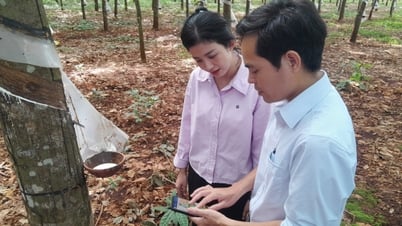

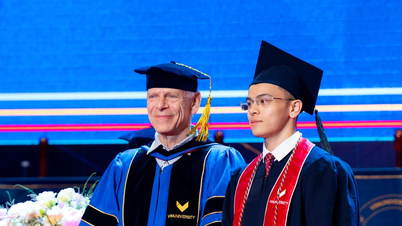
























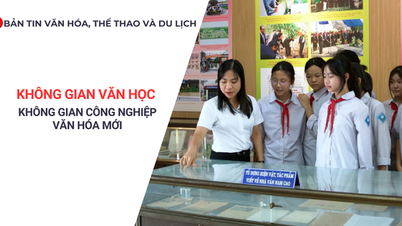

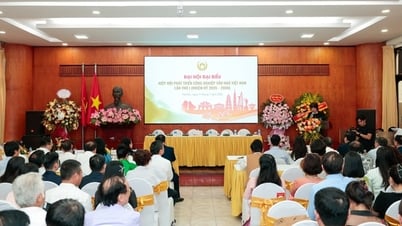






















Comment (0)